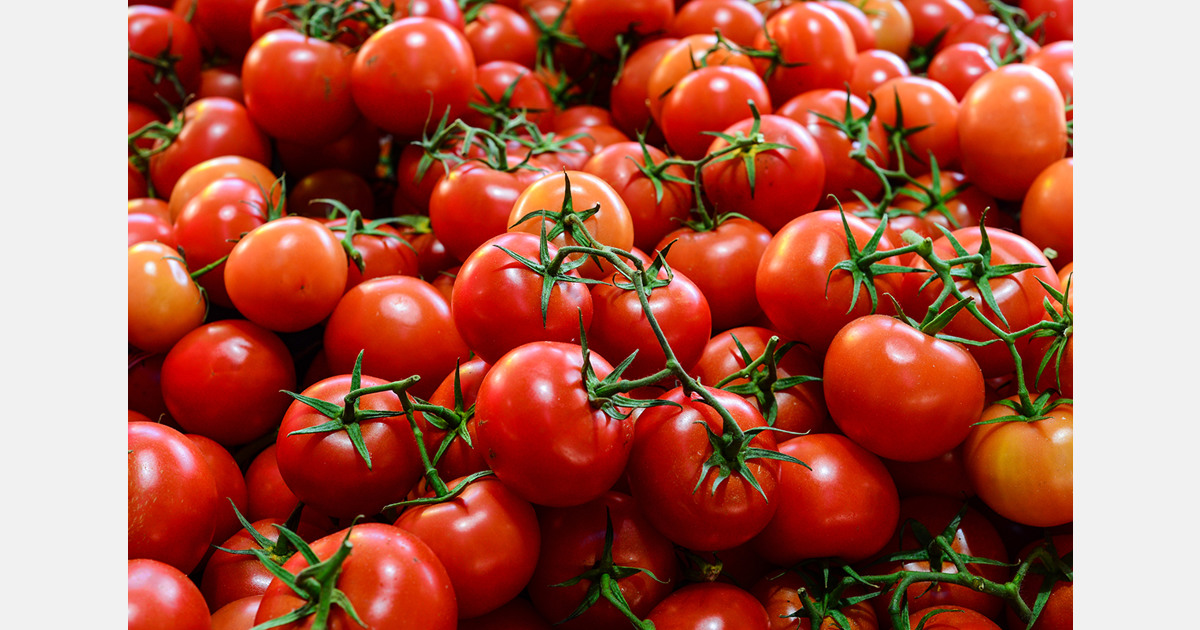
A Ukrainian family farm is locked in a legal dispute with one of the country’s largest agro-industrial groups after a failed tomato supply agreement left over 6,500 tonnes of produce rotted in the fields.
The case involves SFG “Victoria,” a small farming enterprise, and “Vitmark Agro,” part of the Vitmark Group, a leading juice producer in Ukraine, known for brands like Jaffa and Nash Sok. In late 2023, Vitmark Agro contracted 8,000 tonnes of tomatoes from SFG Victoria for the 2024 harvest. However, the company accepted only 19% of the volume, despite making a partial prepayment.
The remainder of the crop, grown specifically under the contract, was never collected. No transportation was provided by Vitmark Agro, and the delivery window expired. As a result, SFG Victoria suffered massive financial losses and sued for compensation.
In February 2025, a commercial court in Odesa ruled in favor of the farmer, awarding UAH 38 million (about $950,000). The ruling was confirmed by Ukraine’s Supreme Court, which also froze Vitmark Agro’s assets. But in June 2025, a regional appeals court overturned the decision, denying compensation and lifting asset freezes. According to SFG Victoria’s owner, Viktor Kozhukharенко, this reversal came under questionable circumstances, the verdict was read in four minutes during an air raid alarm.
Kozhukharenko suspects attempts by the agroholding to avoid paying damages, including by transferring funds and possibly planning a controlled bankruptcy. He claims that shortly after asset freezes were lifted, over UAH 39 million disappeared from Vitmark Agro’s accounts. A new entity, Vitmark-Terra, with similar business activities, was also registered, raising concerns of asset reallocation.
Following these developments, the Supreme Court reinstated the asset freeze and refused Vitmark’s attempts to remove the judges handling the case. The final decision is still pending.
Lawyers involved note that such tactics, involving “clone” companies and strategic bankruptcies, are unfortunately not uncommon in Ukraine, especially when large corporations seek to avoid liabilities.
Meanwhile, the case has resonated widely with the Ukrainian agricultural community. Small farmers rarely succeed in legal battles against large corporate groups. The outcome of this dispute may set a precedent for how such cases are handled in Ukraine’s courts.
The next hearing took place on July 24. While 6,500 tonnes of tomatoes were lost, the farmer is determined to continue fighting for compensation and justice.
Source: kurkul.com
Source: The Plantations International Agroforestry Group of Companies
